Course on
Social Innovation through Field Visit
First step to become a change maker !
In this course, students will be introduced to various sector-specific real-time scathing problems which are proceeding in the region. During this 12 weeks of course students step out and empathise with community and live through research tools and methodologies .This is completely activity based class with environment of fun-loving that is infuse of challenges .It is a process-oriented program facilitating teams to get an in-depth understanding of the problem and tuning the approach by building prototypes to create a plausible growth for the community through the solutions.
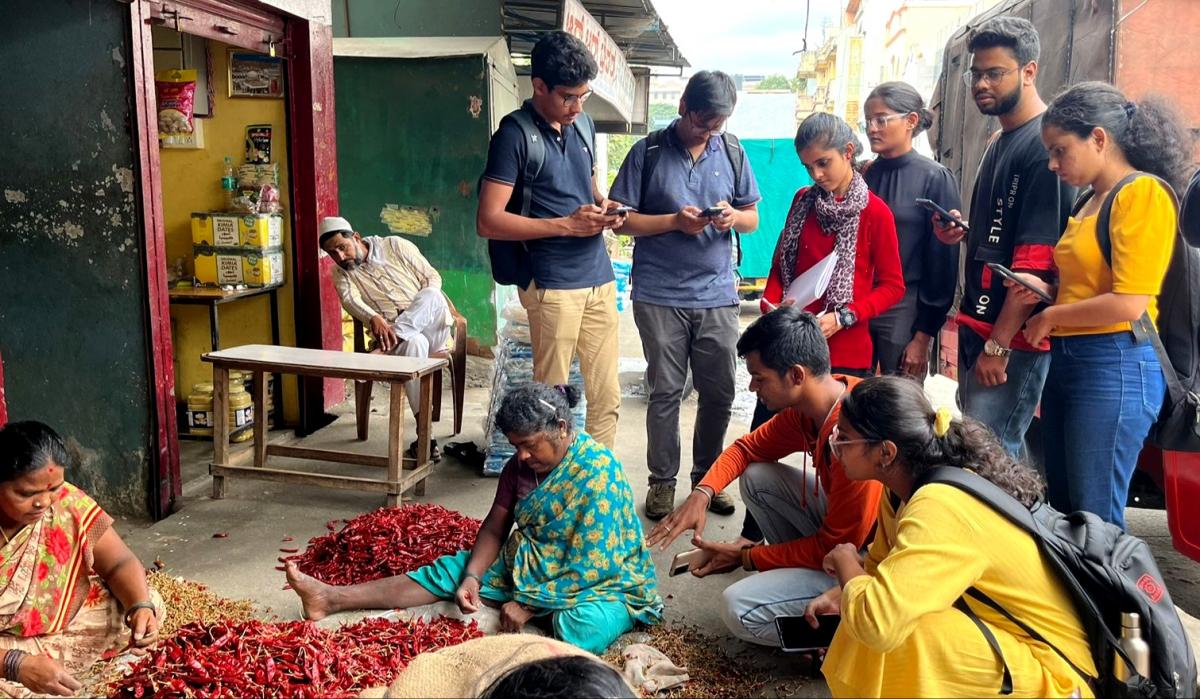
Overview
This course will introduce students to learn how to identify opportunities, create and test prototypes, and validate the ideas through customer feedback. By using a human-centred approach, students will learn to empathise with the target audience, generate and refine ideas, and create solutions that solve real problems. Through hands-on exercises and real-world case studies, they will develop the skills to design innovative ideas. This course will provide students with the tools and mindset necessary to design solutions for community problems using design thinking.
Course Outcomes
- Define and Identify the steps involved in the problem solving process
- Demonstrate essential interpersonal skills to indulge with different users of the community.
- Evaluate the validity and relevance of social problems by analysing their impact on various stakeholders and the wider community.
- Apply problem-solving techniques to come up with ideas to address the real time problem.
- Develop and test prototypes that address real-time social problems, using an iterative process.
START DATE : 1st Oct, 2024
DURATION : 24 Hours
HOURS PER WEEK : 2 HOURS
Syllabus
Course Syllabus
Sustainable Development Goals
Module 1
Students will understand the 17 Sustainable development goals which are intended to be achieved by 2030, along with the concepts of social innovation.They will be given an activity of “SDGs on my plate” to have a better understanding of the SDGs.
How to Conduct Research?
Module 2
Data collection is an important part in any project. In this session students are introduced to data collections methods in order to understand the problem better. Students will work in teams to perform secondary data collection of the problem identified.
Stakeholder Mapping
Module 3
This session encourages students to work in teams and identify the problem to work on using a problem selection matrix. They will conduct stakeholder analysis to identify the influence of different stakeholders involved in the problem
Interview Techniques
Module 4
In this session students are introduced to field visit and interview methods in order to get first hand experience of the problem selected. Students will work in teams to visit stakeholders in order to collect primary data associated with the identified problem.
Problem Validation
Module 5
In this session students discuss their observations and the data collected from the Field Visit. They will list out the needs of the users and analyse the data collected. Students will use the mind map tool to visualise the data collected.
Problem Analysis
Module 6
In this session, students are introduced to problem analysis tools to understand the root cause of the problem and define the problem statement. Students will work in teams to derive insights from the analysis based on the data collected from the field visit.
Problem Definition and Idea Generation
Module 7
Students will perform the ideation techniques that will help them in ideating various possible solutions for the problem identified,teams will brainstorm for multiple ideas and then select best ones using dot voting and impact vs effort map for the case study and their respective projects.
Business Model Canvas and Value Proposition Canvas
Module 8
Students will learn to create and utilise Business Model and Value Proposition Canvases. They will explore different types of business models, enabling them to visualise, develop, and validate innovative and market-ready business ideas.
Idea Pitching
Module 9
Students are introduced to idea pitch deck creation so that they can explain how their solution is desirable, feasible and viable. Students will work in teams and create the idea pitch presentation of their respective projects.
Prototype Building
Module 10
In this session, student teams will identify the key features of their ideas that make their product or service valuable to the end users. They will chalk out a detailed prototyping plan for their idea and decide to prototype the service or product as a whole, or to prototype a part of it.
Prototype Building
Module 11
In the second prototyping session students will make use of the tools and machines in the makerspace to build physical or digital prototypes of their ideas. They will also create a protocol to test their prototypes in order to get feedback from the stakeholders of the project.
Design Challenge Expo
Module 12
Students will develop desirable, feasible, and viable solutions. They will present their solutions in a pitch presentation and demonstrate their prototypes, showcasing their innovation, problem-solving skills, and practical application in a final, comprehensive presentation.
learning experience
HOW YOU LEARN
Tools You will Learn
- Design Thinking
- 5W 1H analysis
- 5 Why analysis
- Stakeholder Mapping
- Business Model Canvas
- Canva
- Google Scholar
- Google Docs
- Miro
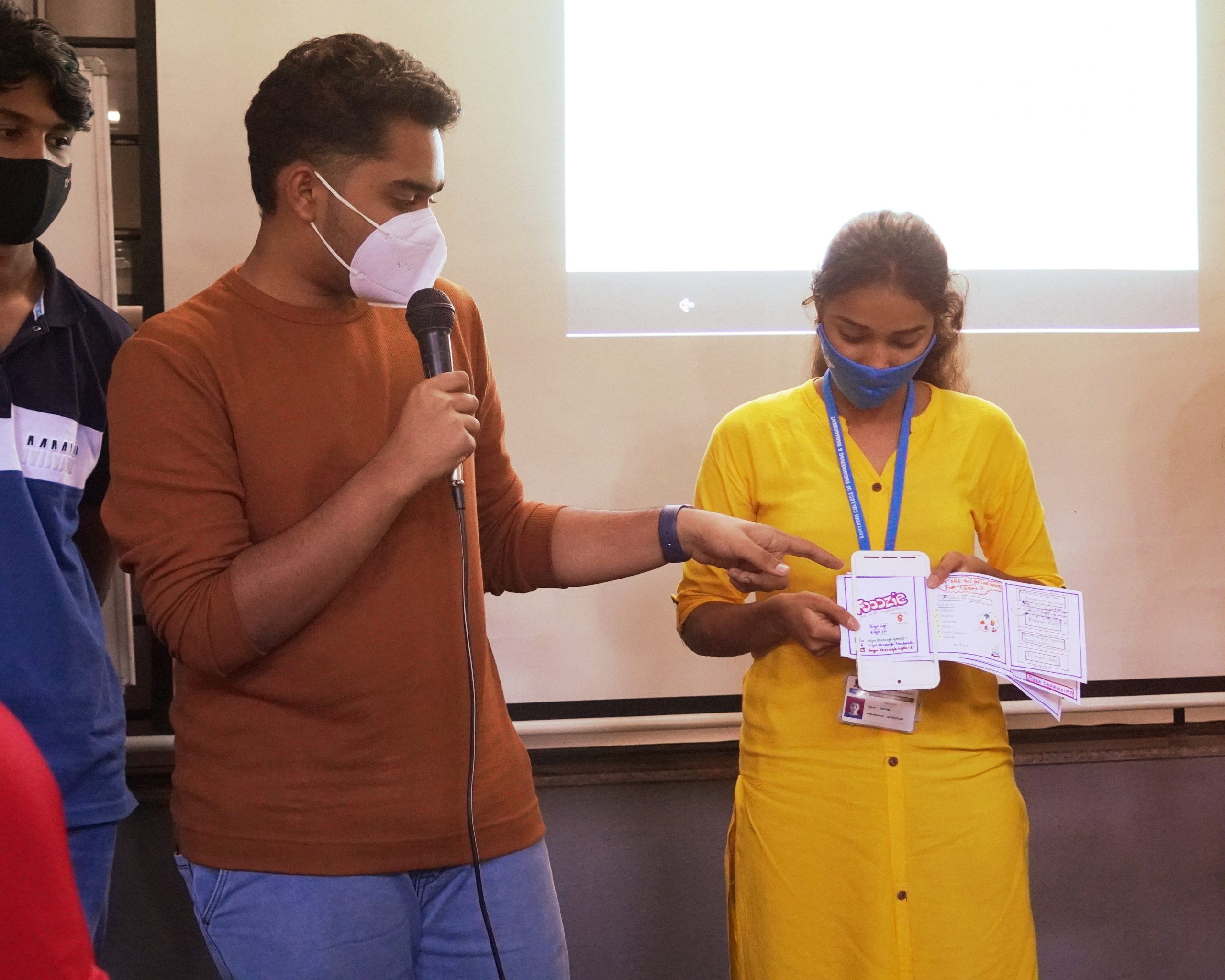
SKILL
EXPERIMENT WITH YOUR KNOWLEDGE!
Game Workstation
PCB Milling Machine
Power Tools
Laser Cutter
3D Router
Kinetic/3D Scanner

Oscilloscope

Variable Power Supply
Hand Tools

Vinyl Cutter
3D Printers
Soldering Stations
CNC Shaper
ARC Welder
MIG Welder
Welcome to the learning
of Tomorrow
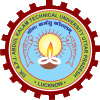
![]()
![]()
![]()
![]()
DOWNLOADS
- Brochure